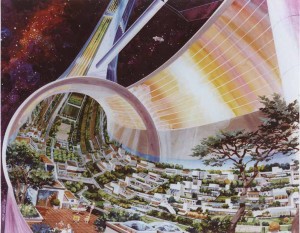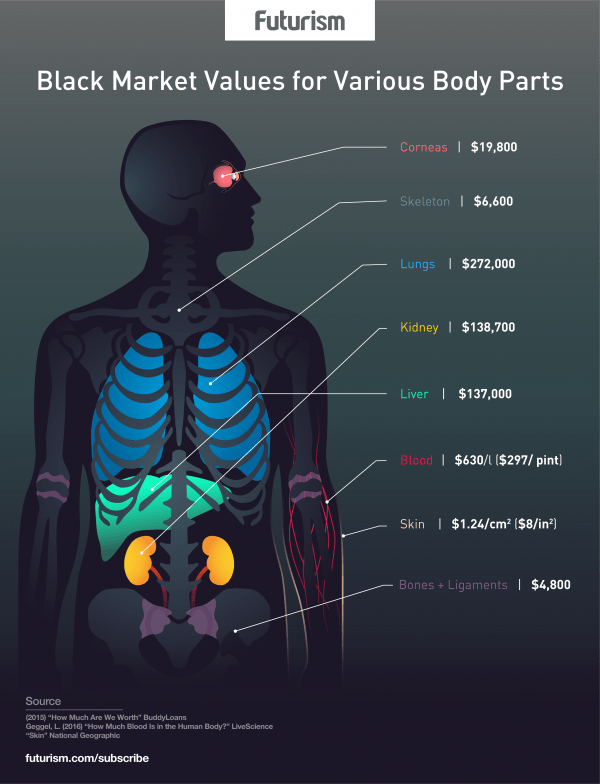It’s winter here in Wyoming, and I’m dealing with much less daily light than average. Like some people, some winters I struggle with depression. A lot of it is probably just the lack of natural sunlight.
I just bought a full-spectrum lamp that I hope will help.
Vitamin D is naturally produced in the body when exposed to sunlight. Vitamin D is vital to our immune systems.
I take Vitamin D supplements.
As I sit writing this, I’m at 7200 feet and it’s -20 degrees Fahrenheit outside. There’s a show on the Weather Channel now called “Freaks of Nature” and in the first few episodes there are featured stories involving a guy who handles cold like no other human out there (easily handling being immersed in a block of ice for an hour), and another who handles rapid altitude changes in a way I never could (even though I’m now acclimatized and live at an altitude higher than vast majority of human beings — still, I use an oxygen concentrator when I sleep). It was kind of concerning, however, when I was walking to the car tonight, taking shallow breaths while feeling my nose hairs freeze.
As a physical scientist, I usually worry about hard numbers. What temperatures can humans survive? What pressures? What gas mixtures?
To tell the truth, I pretty much don’t even consider lighting or vitamins when I write science fiction or consider the science of human survival in space. But it’s important, as are myriad other aspects of life and their psychological effects. The rapid “space dementia” of Steve Buscemi in Armageddon is sort of ridiculous, but on longer time scales, the space environment is not safe as it isn’t identical to our Earth environment, and there are so many ways we’re hitched to it.
Likewise, even the conditions here on Earth change. Pollution. Radiation. Temperatures. Invasive species. Processed food and chemicals. The demands of cyber environments. And more.
Still, I expect there are those of us who are “freaks of nature” that fit into the natural range of human variance. Some of us will accept any challenges, persist, and even thrive. Given enough time, this can lead to evolution.
Maybe humans can fill up every available inhabitable environment. In space. In the future. In Wyoming. Maybe we’ll need technological aids to help us do it, or maybe the freaks will become normal in their niches through evolution or their own self-selection.
In the meantime, I’ll keep the fire burning, run my oxygen concentrator, take my vitamins, turn on my full-spectrum light, communicate electronically with most of the people I know, and wonder about living on the very inhabitable Earth in the most developed country in the world. I think a larger and larger fraction of us, as we get older and move around, use the technology available to us, are colonizing the future as if it’s another planet. We’re exploring how it is possible to live and try to thrive in a way that does presage a step into space.











